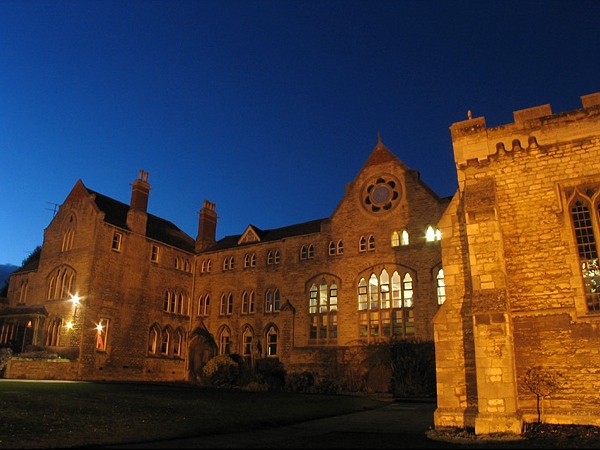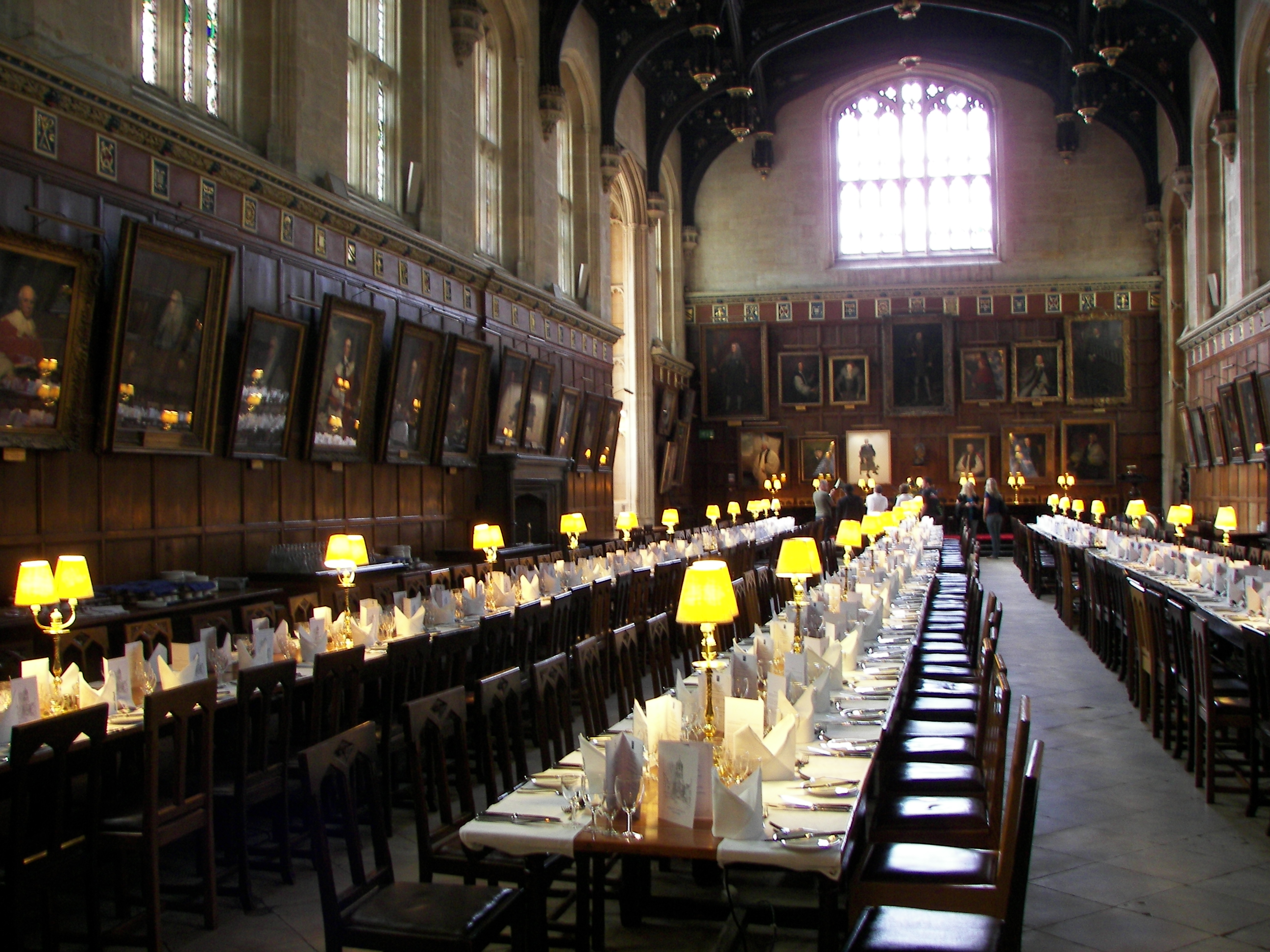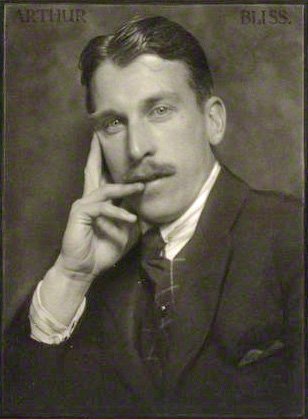|
Piano Concerto (Tippett)
British composer Michael Tippett composed his Concerto for Piano and Orchestra between 1953 and 1955 on a commission from the City of Birmingham Symphony Orchestra. The overall character of the work was influenced by the composer's hearing German pianist Walter Gieseking rehearse Ludwig van Beethoven's Fourth Piano Concerto in 1950. Its musical content, while influenced by this concerto, was also shaped largely by Tippett's opera '' The Midsummer Marriage'', which he had completed in 1952. While Tippett had conceived the work initially in the mid-1940s, he had been preoccupied in much of the intervening time with ''The Midsummer Marriage''. The Piano Concerto was the result of one of Tippett's most complex creative cycles. The events that initiated the cycle contributed to its conceptual dimensions and date back to January 1950 when he was deep into the compositional process for '' The Midsummer Marriage''. Echoes of the opera resonate throughout Concerto while two other previous ... [...More Info...] [...Related Items...] OR: [Wikipedia] [Google] [Baidu] |
Michael Tippett
Sir Michael Kemp Tippett (2 January 1905 – 8 January 1998) was an English composer who rose to prominence during and immediately after the Second World War. In his lifetime he was sometimes ranked with his contemporary Benjamin Britten as one of the leading British composers of the 20th century. Among his best-known works are the oratorio '' A Child of Our Time'', the orchestral '' Fantasia Concertante on a Theme of Corelli'', and the opera '' The Midsummer Marriage''. Tippett's talent developed slowly. He withdrew or destroyed his earliest compositions, and was 30 before any of his works were published. Until the mid-to-late 1950s his music was broadly lyrical in character, before changing to a more astringent and experimental style. New influences, including those of jazz and blues after his first visit to America in 1965, became increasingly evident in his compositions. While Tippett's stature with the public continued to grow, not all critics approved of these chan ... [...More Info...] [...Related Items...] OR: [Wikipedia] [Google] [Baidu] |
Musicologist
Musicology (from Greek μουσική ''mousikē'' 'music' and -λογια ''-logia'', 'domain of study') is the scholarly analysis and research-based study of music. Musicology departments traditionally belong to the humanities, although some music research is scientific in focus (psychological, sociological, acoustical, neurological, computational). Some geographers and anthropologists have an interest in musicology so the social sciences also have an academic interest. A scholar who participates in musical research is a musicologist. Musicology traditionally is divided in three main branches: historical musicology, systematic musicology and ethnomusicology. Historical musicologists mostly study the history of the western classical music tradition, though the study of music history need not be limited to that. Ethnomusicologists draw from anthropology (particularly field research) to understand how and why people make music. Systematic musicology includes music theory, aest ... [...More Info...] [...Related Items...] OR: [Wikipedia] [Google] [Baidu] |
Fantasia Concertante On A Theme Of Corelli
''Fantasia Concertante on a Theme of Corelli'', also known as the ''Corelli Fantasia'', is a work for string orchestra by the British composer Michael Tippett. It was commissioned by the 1953 Edinburgh Festival to commemorate the 300th anniversary of the birth of the Italian composer Arcangelo Corelli, and given its first performance on 29 August 1953, in the Usher Hall, by the BBC Symphony Orchestra conducted by Tippett. Integrating 17th century influences, especially those outside of the orchestral tradition, can be traced back to the composer's days at the Royal College of Music, and to the period immediately after when he took a position conducting amateur choirs in Oxted. Meanwhile his interest in 18th century counterpoint, specifically the fugal process, which would figure prominently and climactically in the latter part of the Fantasia, was the result of his supplementary studies with R. O. Morris, also date from that period. The Fantasia represents, stylistically and c ... [...More Info...] [...Related Items...] OR: [Wikipedia] [Google] [Baidu] |
Adrian Boult
Sir Adrian Cedric Boult, CH (; 8 April 1889 – 22 February 1983) was an English conductor. Brought up in a prosperous mercantile family, he followed musical studies in England and at Leipzig, Germany, with early conducting work in London for the Royal Opera House and Sergei Diaghilev's ballet company. His first prominent post was conductor of the City of Birmingham Orchestra in 1924. When the British Broadcasting Corporation appointed him director of music in 1930, he established the BBC Symphony Orchestra and became its chief conductor. The orchestra set standards of excellence that were rivalled in Britain only by the London Philharmonic Orchestra (LPO), founded two years later. Forced to leave the BBC in 1950 on reaching retirement age, Boult took on the chief conductorship of the LPO. The orchestra had declined from its peak of the 1930s, but under his guidance its fortunes were revived. He retired as its chief conductor in 1957, and later accepted the post of ... [...More Info...] [...Related Items...] OR: [Wikipedia] [Google] [Baidu] |
BBC Symphony Orchestra
The BBC Symphony Orchestra (BBC SO) is a British orchestra based in London. Founded in 1930, it was the first permanent salaried orchestra in London, and is the only one of the city's five major symphony orchestras not to be self-governing. The BBC SO is the principal broadcast orchestra of the British Broadcasting Corporation (BBC). The orchestra was originally conceived in 1928 as a joint enterprise by the BBC and the conductor Sir Thomas Beecham, but the latter withdrew the next year and the task of assembling and training the orchestra fell to the BBC's director of music, Adrian Boult. Among its guest conductors in its first years was Arturo Toscanini, who judged it the finest orchestra he had ever conducted. During and after the Second World War, Boult strove to maintain standards, but the senior management of the post-war BBC did not allocate the orchestra the resources to meet competition from new and well-funded rivals. After Boult's retirement from the BBC in 1950 ... [...More Info...] [...Related Items...] OR: [Wikipedia] [Google] [Baidu] |
Arthur Bliss
Sir Arthur Edward Drummond Bliss (2 August 189127 March 1975) was an English composer and conductor. Bliss's musical training was cut short by the First World War, in which he served with distinction in the army. In the post-war years he quickly became known as an unconventional and modernist composer, but within the decade he began to display a more traditional and romantic side in his music. In the 1920s and 1930s he composed extensively not only for the concert hall, but also for films and ballet. In the Second World War, Bliss returned to England from the US to work for the BBC and became its director of music. After the war he resumed his work as a composer, and was appointed Master of the Queen's Music. In Bliss's later years, his work was respected but was thought old-fashioned, and it was eclipsed by the music of younger colleagues such as William Walton and Benjamin Britten. Since his death, his compositions have been well represented in recordings, and many of ... [...More Info...] [...Related Items...] OR: [Wikipedia] [Google] [Baidu] |
King Priam
''King Priam'' is an opera by Michael Tippett, to his own libretto. The story is based on Homer's '' Iliad'', except the birth and childhood of Paris, which are taken from the ''Fabulae'' of Hyginus. The premiere was on 29 May 1962, at Coventry. The opera was composed for an arts festival held in conjunction with the reconsecration of the rebuilt Coventry Cathedral, for which Benjamin Britten also wrote his '' War Requiem'', which was first performed in the Cathedral the day after the premiere of ''King Priam''. The first Covent Garden performance was on 5 June, conducted by John Pritchard. It was premiered in Germany at the Badisches Staatstheater in 1963 (in a translation by Walter Bergmann), in Greece at the 1985 Athens Festival, in France at the Opéra de Nancy et de Lorraine in 1988, in Italy at Batignano in 1990, and in the United States San Francisco Opera Center Showcase in 1994. In 2014 the work was revived by English Touring Opera, with a reduced orchestration ... [...More Info...] [...Related Items...] OR: [Wikipedia] [Google] [Baidu] |
Piano Sonata No
The piano is a stringed keyboard instrument in which the strings are struck by wooden hammers that are coated with a softer material (modern hammers are covered with dense wool felt; some early pianos used leather). It is played using a keyboard, which is a row of keys (small levers) that the performer presses down or strikes with the fingers and thumbs of both hands to cause the hammers to strike the strings. It was invented in Italy by Bartolomeo Cristofori around the year 1700. Description The word "piano" is a shortened form of ''pianoforte'', the Italian term for the early 1700s versions of the instrument, which in turn derives from ''clavicembalo col piano e forte'' (key cimbalom with quiet and loud)Pollens (1995, 238) and '' fortepiano''. The Italian musical terms ''piano'' and ''forte'' indicate "soft" and "loud" respectively, in this context referring to the variations in volume (i.e., loudness) produced in response to a pianist's touch or pressure on the keys: the ... [...More Info...] [...Related Items...] OR: [Wikipedia] [Google] [Baidu] |
A Child Of Our Time
''A Child of Our Time'' is a secular oratorio by the British composer Michael Tippett (1905–1998), who also wrote the libretto. Composed between 1939 and 1941, it was first performed at the Adelphi Theatre, London, on 19 March 1944. The work was inspired by events that affected Tippett profoundly: the assassination in 1938 of a German diplomat by a young Jewish refugee, and the Nazi government's reaction in the form of a violent pogrom against its Jewish population: Kristallnacht. Tippett's oratorio deals with these incidents in the context of the experiences of oppressed people generally, and carries a strongly pacifist message of ultimate understanding and reconciliation. The text's recurrent themes of shadow and light reflect the Jungian psychoanalysis which Tippett underwent in the years immediately before writing the work. The oratorio uses a traditional three-part format based on that of Handel's ''Messiah'', and is structured in the manner of Bach's Passions. The wo ... [...More Info...] [...Related Items...] OR: [Wikipedia] [Google] [Baidu] |
Oratorio
An oratorio () is a large musical composition for orchestra, choir, and soloists. Like most operas, an oratorio includes the use of a choir, soloists, an instrumental ensemble, various distinguishable characters, and arias. However, opera is musical theatre, while oratorio is strictly a concert piece – though oratorios are sometimes staged as operas, and operas are sometimes presented in concert form. In an oratorio, the choir often plays a central role, and there is generally little or no interaction between the characters, and no props or elaborate costumes. A particularly important difference is in the typical subject matter of the text. Opera tends to deal with history and mythology, including age-old devices of romance, deception, and murder, whereas the plot of an oratorio often deals with sacred topics, making it appropriate for performance in the church. Protestant composers took their stories from the Bible, while Catholic composers looked to the lives of saints, as we ... [...More Info...] [...Related Items...] OR: [Wikipedia] [Google] [Baidu] |
Symphony No
A symphony is an extended musical composition in Western classical music, most often for orchestra. Although the term has had many meanings from its origins in the ancient Greek era, by the late 18th century the word had taken on the meaning common today: a work usually consisting of multiple distinct sections or movements, often four, with the first movement in sonata form. Symphonies are almost always scored for an orchestra consisting of a string section (violin, viola, cello, and double bass), brass, woodwind, and percussion instruments which altogether number about 30 to 100 musicians. Symphonies are notated in a musical score, which contains all the instrument parts. Orchestral musicians play from parts which contain just the notated music for their own instrument. Some symphonies also contain vocal parts (e.g., Beethoven's Ninth Symphony). Etymology and origins The word ''symphony'' is derived from the Greek word (), meaning "agreement or concord of sound", "c ... [...More Info...] [...Related Items...] OR: [Wikipedia] [Google] [Baidu] |
Wilfrid Mellers
Wilfrid Howard Mellers (26 April 1914 – 17 May 2008) was an English music critic, musicologist and composer. Early life Born in Leamington, Warwickshire, Mellers was educated at the local Leamington College and later won a scholarship to Downing College, Cambridge, where he read English under F. R. Leavis. He later lodged with the Leavises for three years while pursuing a Music degree. Mellers also took private composition lessons in Oxford from Egon Wellesz and Edmund Rubbra.East, Leslie, revised Gordon Rumson. 'Mellers, Wilfrid (Howard)', in ''Grove Music Online'' (2001) From 1938 he taught at Dartington Hall, and in September 1940 he married Vera Muriel Hobbs. He spent the Second World War working on the land as a conscientious objector.Dickinson, Peter.Mellers, Wilfrid Howard in ''The Oxford Dictionary of National Biography'' (2013) Career After writing many articles for Leavis's journal '' Scrutiny'' since the September 1936 issue, he appeared on the editorial boa ... [...More Info...] [...Related Items...] OR: [Wikipedia] [Google] [Baidu] |






